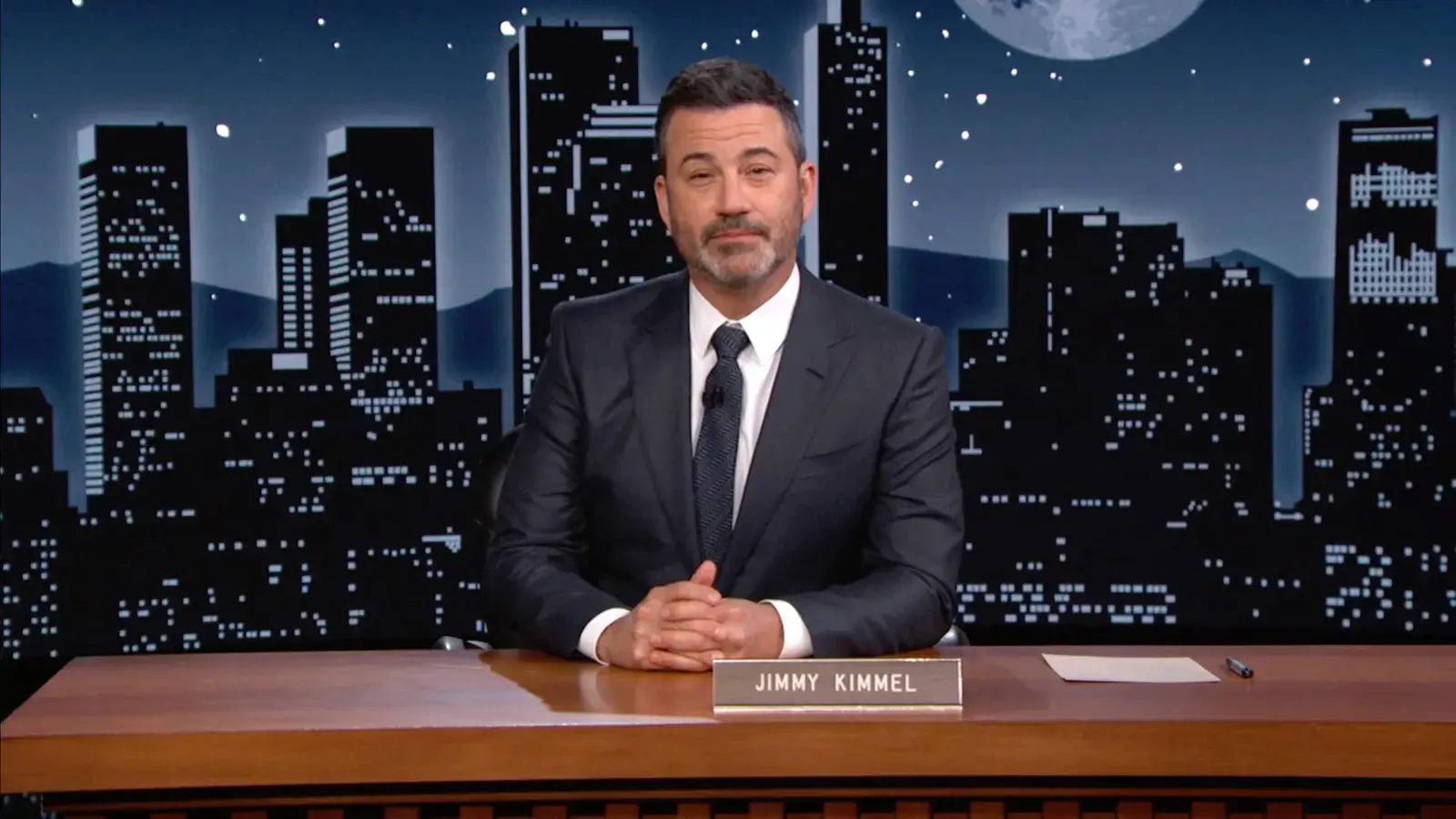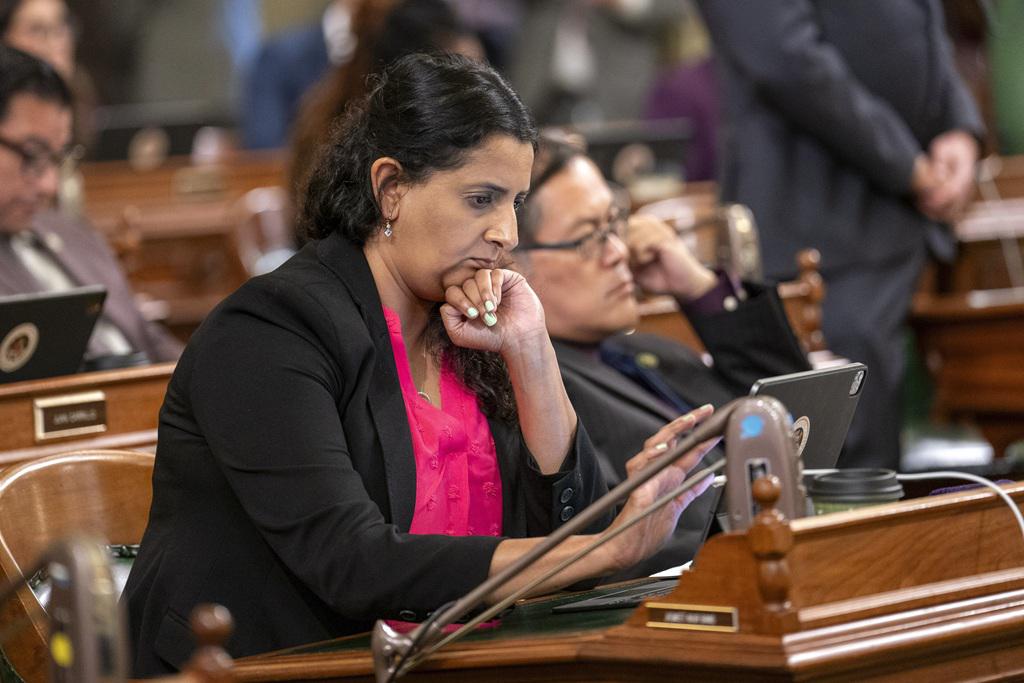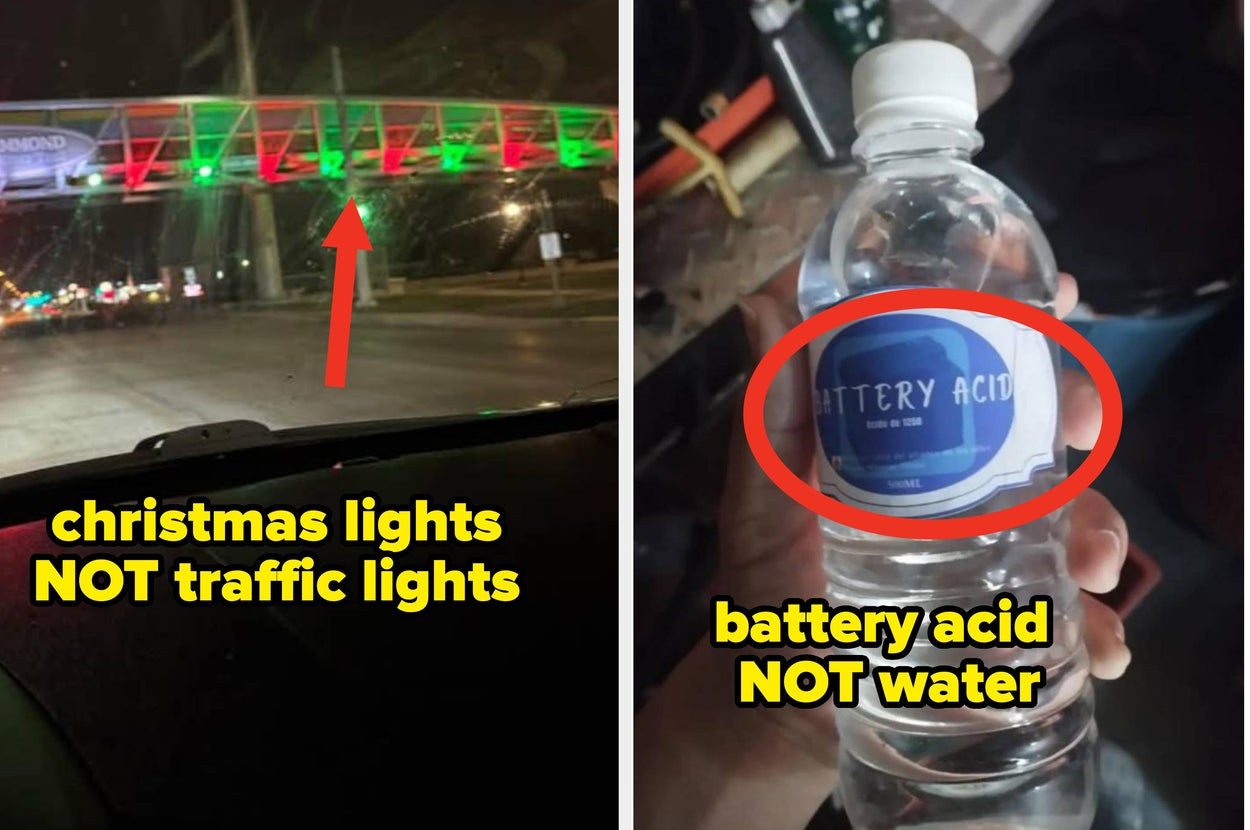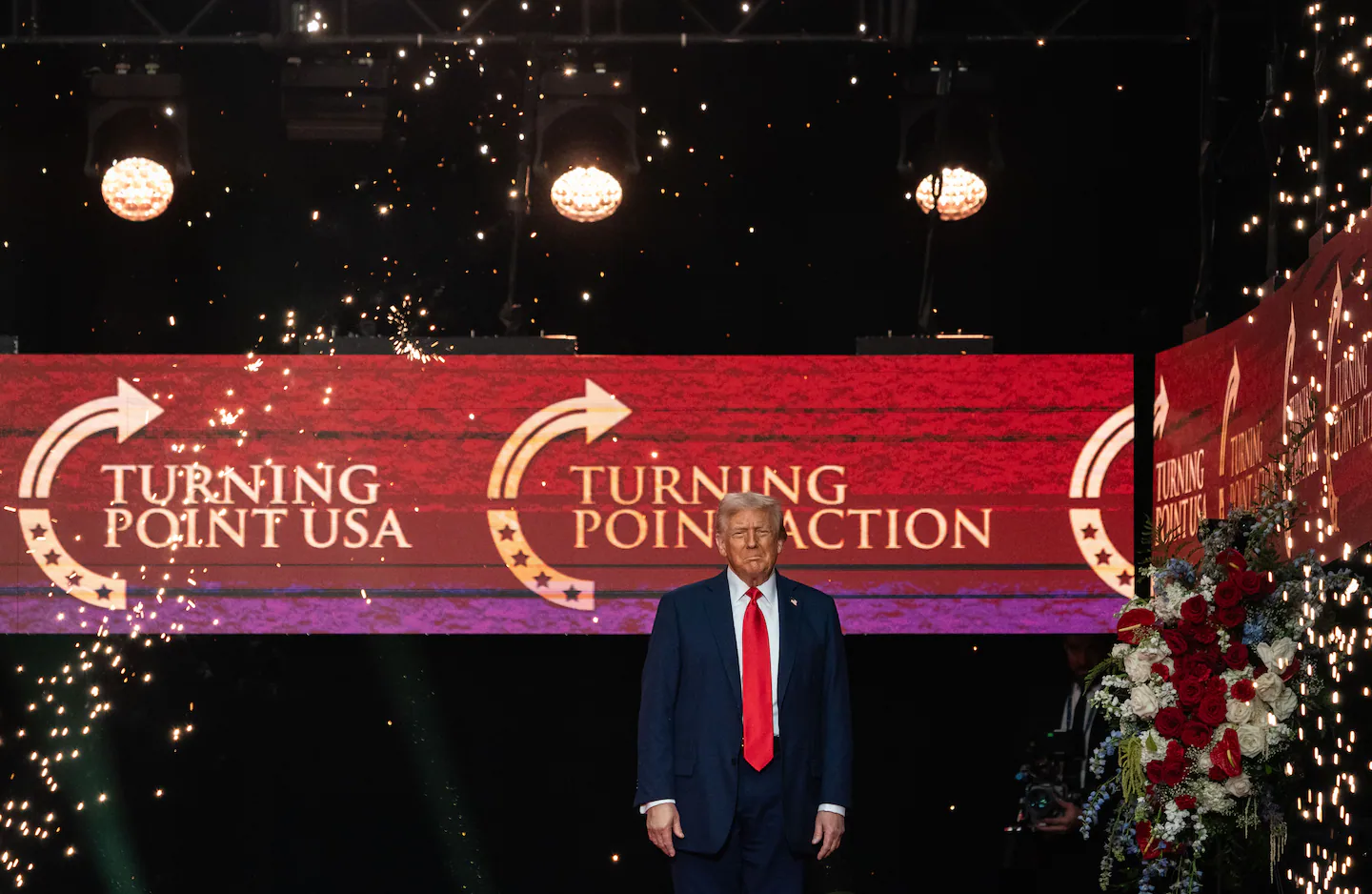By Daniella Gray
Copyright newsweek

Rachel Kimsey has never shied away from difficult conversations with her children.
The California-based voice actor and her husband, Matthew Waterson, have had many discussions about politics with their three kids—7, 5, and 3 years old—talking about everything from protest signs they see on the school run, to elections and labor unions.
But when they decided to cancel their Disney+ subscription last week, the parents opened up an unprecedented dialogue in the family as they solicited their children’s opinion on the boycott.
Father and son time
Their decision stemmed from ABC’s temporary suspension of late-night host Jimmy Kimmel on September 17 after his comments about the assassination of conservative activist Charlie Kirk. This led to calls to boycott the network’s parent company Disney from many liberal viewers, who interpreted it as an attack on free speech.
On Monday, Disney said in a statement, “Last Wednesday, we made the decision to suspend production on the show to avoid further inflaming a tense situation at an emotional moment for our country.”
It added, “It is a decision we made because we felt some of the comments were ill-timed and thus insensitive. We have spent the last days having thoughtful conversations with Jimmy, and after those conversations, we reached the decision to return the show on Tuesday.”
Kimmel has since been reinstated, but the boycott of Disney+ sparked larger questions about how parents should talk to their kids about political differences and collective action. According to Nielsen, about 41 percent of Disney+ subscribers in the U.S. have children under 18 in the household.
For some families, it became a moment to introduce kids to the idea of values-driven decision-making. Others tried to shield their children from the conflict for the sake of their mental wellbeing.
Experts told Newsweek these choices reflect the broader challenge of raising kids in an increasingly polarized society.
Parents tailor the conversation to individual children
Kimsey and Waterson keep their kids’ screen time to a minimum, but Friday movie nights are a treasured tradition in their household, and Disney projects had even been part of the parents’ careers as both have worked as performers in television, advertising, audiobooks, and promotions for the media company.
Rachel told Newsweek that she explained to her children: “Disney is part of a company that is hurting people we care about. One way to tell a company we don’t like what we are doing is to not give them our money. That’s called a boycott.”
Her 7-year-old asked, “This is a way kids can help?” and her 3-year-old was also on board: “Let’s be helpers!” she said to her mom.
“I told them they didn’t have to decide right away, no pressure, and asked if they had any questions,” Rachel said.
After asking if their current viewing of the show “Trollhunters” would be affected (it wouldn’t, as it’s on Netflix), all three children decided that they were happy for the family to boycott Disney+.
Jimmy Kimmel speaks at the 2021 Media Access Awards Presented By Easterseals on November 17, 2021.
Other families approached the conversation differently, tailoring explanations to their children’s ages and experiences.
In Minnesota, Kelsey Waits, 39, said her two children, aged 15 and 12, had different reactions to the Disney boycott.
Her eldest daughter, already politically engaged, saw the move through the lens of social justice. But Kelsey shared that her younger child, who is nonbinary and has experienced trauma related to their identity, is shielded from political discussions unless they are absolutely necessary.
The parents decided to share their view of the situation by using terms their children would be familiar with to help them understand—with a “Star Wars” analogy.
They compared the administration to the Empire, the fictional totalitarian regime that ruled the galaxy in the movie franchise. Vice President JD Vance has denied the federal government has any involvement in the matter, though President Trump has since spoken out against ABC for reinstating Kimmel.
Still, Waits’ daughter was indignant. “My kids were so mad at Disney,” Kelsey said. “My 15-year-old said they have power and money, and they should be pushing back.”
Experts say keep it clear, connect it to values
Gabrielle Theobald-Anderson, a licensed clinical social worker who specializes in parenting support, said parents don’t need to get into the weeds of politics to help children understand changes like a boycott.
“When we… make a decision that shifts family routines, kids often feel the change pretty quickly,” she told Newsweek. “Being clear and consistent helps, as well as giving them a heads up before the actual s…



